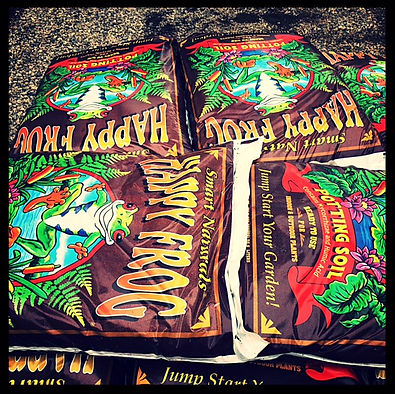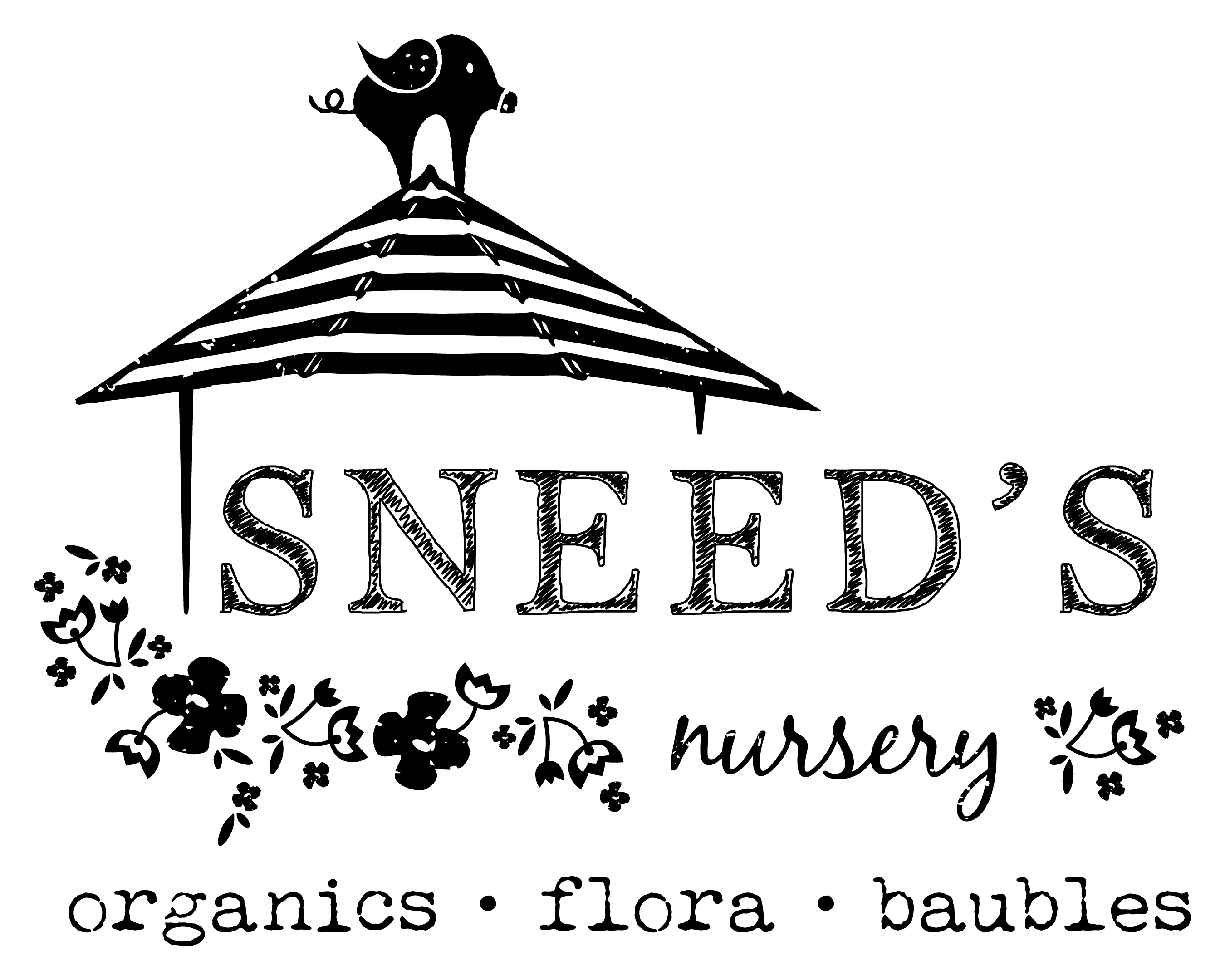organics

Our focus on organics and sustainable gardening practices is what drives us every day. In January of 2008 we eliminated synthetic fertilizers and pesticides from our shelves. We also eliminated grass seed and lawn products from our product selection. Why grass seed? Lawns are huge consumers of water and fertilizer which leads to run off into The James River and ultimately the bay.
Education is a key component of our mission and focus. We offer classes on topics ranging from bee keeping and natives to growing hops and snake identification. Ultimately, our focus is on the people and families that are in our community and encouraging responsible practices for a healthier environment.
neonics
Neonicotinoids are a hot topic for bee keepers and plant people alike. Neonics are a group of pesticides used by growers of ornamental plants. Several massive bee death incidents out west were attributed to the use of neonics back in the early 2000's. Since then many groups have boycotted box stores and demanded the ban of it's use.
**The EPA kicked off 2016 with a preliminary pollinator risk assessment on imidacloprid (a type of neonic). Take aways from this assessment:
-
it is only preliminary and only deals with honey bees, not other pollinators
-
a residue threshold level of 25 parts per billion was set for imidacloprid...anything above that, will likely be associated with effects on pollinator hives.
-
tomatoes, leafy greens, brassicas and blueberries were all found to have low on-field risk. Herbs and spices were said to have some on-field risk, but the EPA says they still need more information on crop level residues.
-
ornamental plants were not covered in this preliminary assessment. Expect to see ALL registered uses of the neonicotinoid covered in the revised assessment at the end of the year.
**This information was published in Green Talks Sustainability E-News 1/8/16. Written by Jennifer Duffield White for Ball Publishing Co.
Some facts to consider: Europe has had a ban on the use of neonics since 2013 and still continues to see a significant decline in bee populations. Australia allows for the use of neonics, and does not have the same level of death seen in the U.S. and Europe. The difference between the 3 areas is the varroa mite. Europe and the U.S. have this highly destructive mite in our population, whereas Australia does not. Many scientists truly feel that it is a combination of 3 key factors: the varroa mite, pesticides in general, and nutrition.
Sneed's has only carried organic solutions since 2008 and all plants that arrive here are treated organically. But even organic solutions can kill bees if used improperly. We work hard to educate our customers on proper use and application: don't spray when bees are active, always try to avoid blooms, don't use more than recommended, etc. Since this topic erupted in 2013, I have been in contact with our growers to ask questions. Some have stopped using neonics all together, some are in the process of phasing it out, while others continue to stand by their use of it.
One grower that continues to use neonics, has also kept bees for over 14 years on site at the nursery. He has never experienced hive collapse or massive bee die off. He attributes this to responsible use of pesticides and proper integrated pest management practices.
Whatever your views may be on this sensitive subject, know that we respect your opinion and can assist you in finding plants that will suit your garden and your personal ethos.



